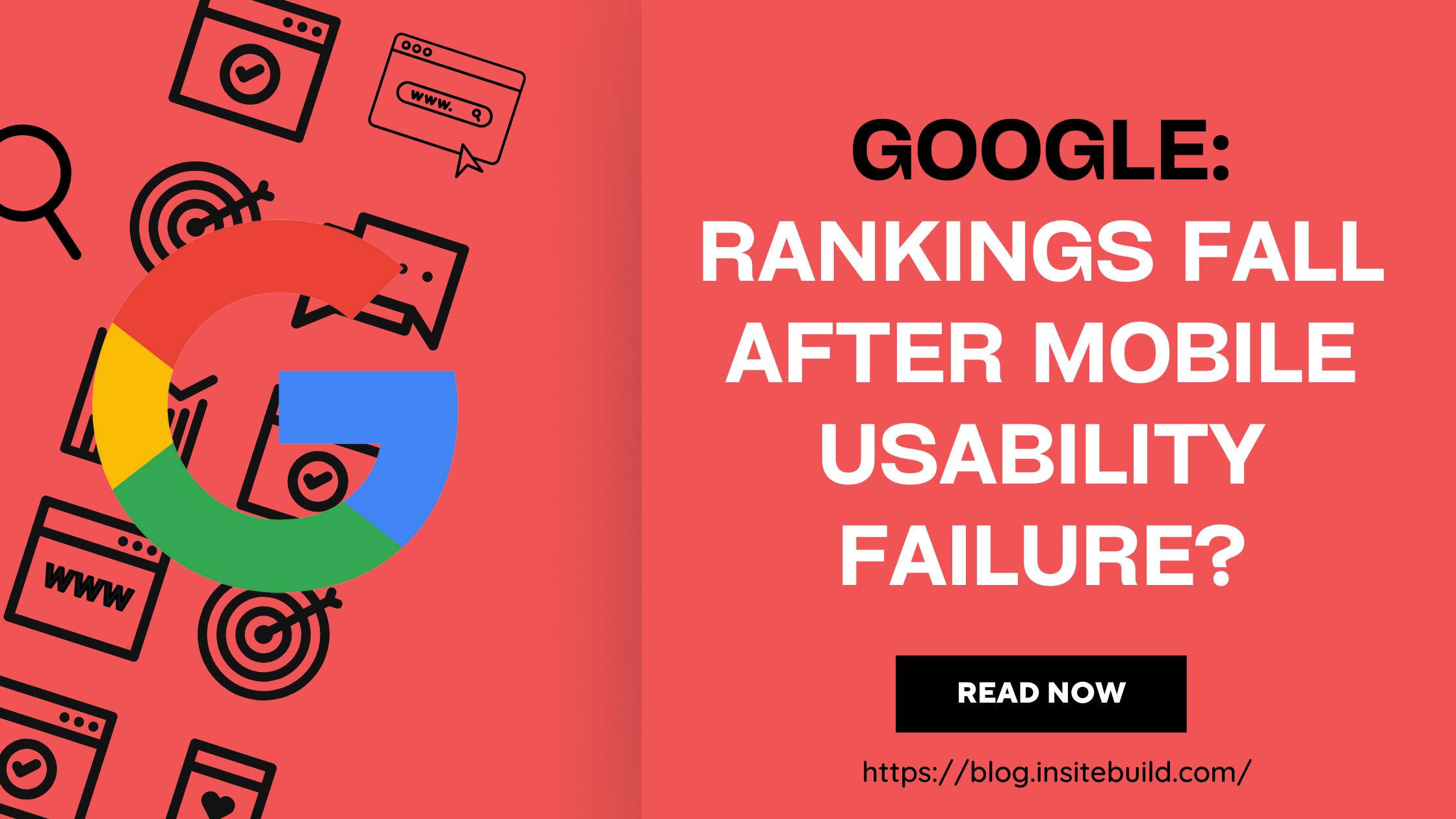Google’s John Mueller commented on a Reddit SEO thread in which a search console warning regarding mobile usability was quickly followed by a reduction in google rankings for a website linked to medicine.
The two incidents appeared to be connected by timing, with the ranking decline occurring soon after Search Console provided a warning about problems with mobile usability.
The person was discouraged because they had corrected the issue and verified their work using Google Search Console, but the alterations to the rankings had not been undone.
These are the salient details:
“Around Aug. 2022, I noticed that Google Search Console was saying ALL of our pages were now failing Mobile Usability standards. I had a developer “fix” the pages…
…I resubmitted the sitemap & asked Google to “Validate” all of my fixes on Oct. 25, 2022. It has been 15 days with no movement.”
Understanding Changes in Ranking
In his response to the Reddit conversation, John Mueller pointed out that, in his view, the problems with mobile usability had nothing to do with the decline in rankings.
Mueller wrote:
“I’ll go out on a limb and say the reason for rankings changing has nothing to do with this.
I’d read the quality raters guidelines and the content Google has on the recent updates for some thoughts, especially for medical content like that.”
This is an excellent illustration of how the most obvious explanation for something isn’t always the right explanation—just it’s the most obvious.
Even if it might seem like it, being obvious does not equate to being accurate or correct.
Keep all potential causes in mind while diagnosing a problem, and don’t settle for the first, more straightforward explanation.
John denied that the problem with mobile usability was substantial enough to affect rankings.
According to his response, major content quality issues are more likely to be the cause of a change in ranks, especially if the adjustment takes place concurrently with an algorithm upgrade.
The Google Raters Guidelines provide a framework for evaluating site quality objectively, free from preconceived notions about what makes a good site.
Thus, it seems logical that Mueller advised the Redditor to study the raters rules to determine whether the descriptions of what constitutes a high-quality website correspond to those of the aforementioned website.
Coincidentally, Google has released new documentation to assist publishers in understanding what content qualifies for ranking.
The document is titled, Creating helpful, reliable, people-first content. There is a part in the documentation that is pertinent to this issue, Learn about E-A-T and the quality rater standards.
Specifically for Your Money Your Life pages like those on medical matters, Google’s help page notes that their algorithm analyses a variety of characteristics to determine whether a webpage is knowledgeable, reliable, and trustworthy.
This section of the documentation explains why the quality raters guidelines information is important:
“…our systems give even more weight to content that aligns with strong E-A-T for topics that could significantly impact the health, financial stability, or safety of people, or the welfare or well-being of society.
We call these “Your Money or Your Life” topics, or YMYL for short.”
Generally Search Console Fix Validations Are Informative
The full meaning of the search console fix validations was then covered by Mueller.
He continued his answer:
“For indexing issues, “validate fix” helps to speed up recrawling.
For everything else, it’s more about giving you information on what’s happening, to let you know if your changes had any effect.
There’s no “the website fixed it, let’s release the hand brake” effect from this, it’s really primarily for you: you said it was good now, and here is what Google found.”
For more such tips, updates and learning resources, stay tuned to Insitebuild Blog.






